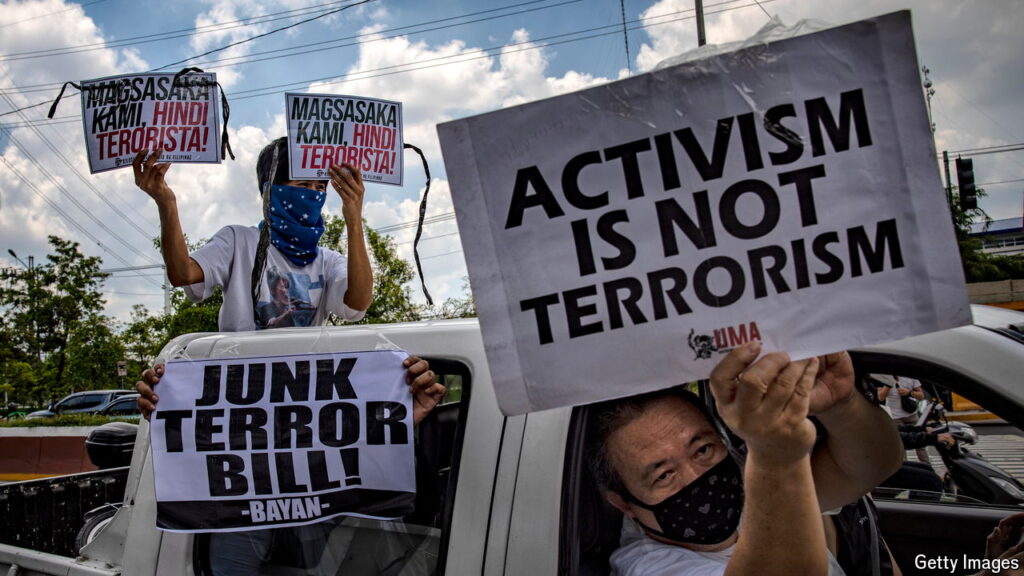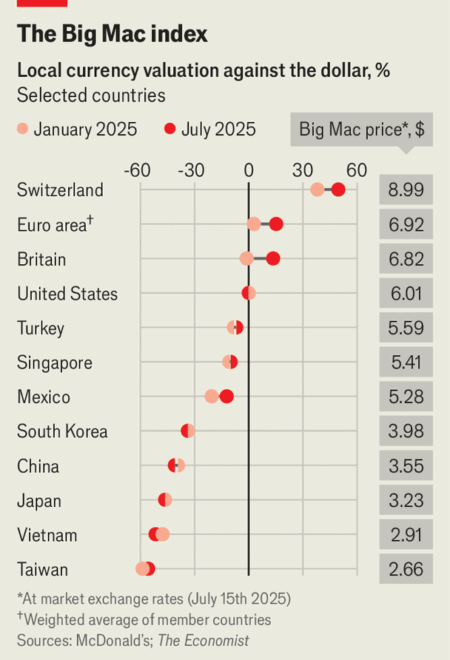The issue of exiled dissidents and their impact on Western governments and financial institutions is a complex and multi-faceted one. There are various ways in which these individuals can influence the policies and practices of Western governments and banks, often with significant consequences.
Firstly, exiled dissidents often have a great deal of influence within their respective communities and can mobilize support for their causes both at home and abroad. By leveraging their networks and connections, they can effectively lobby Western governments and financial institutions to take action against the regimes they oppose. This can include imposing sanctions, freezing assets, or even extraditing individuals back to their home countries to face prosecution.
Furthermore, exiled dissidents can also use the media to draw attention to their causes and increase public awareness of human rights abuses. By speaking out against government repression and injustice, they can generate sympathy and support from the international community, putting pressure on Western governments and banks to take action.
Moreover, exiled dissidents often have valuable insider knowledge of the inner workings of authoritarian regimes, including information on corruption, human rights abuses, and other illicit activities. This intel can be incredibly valuable to Western governments and financial institutions seeking to undermine these regimes and promote democracy and the rule of law.
However, there are also risks associated with supporting exiled dissidents. Governments and financial institutions must carefully assess the credibility of these individuals and the accuracy of the information they provide. In some cases, exiled dissidents may have their own agendas or be motivated by personal grievances rather than a genuine commitment to human rights and democracy.
Furthermore, supporting exiled dissidents can also have diplomatic and economic repercussions. Authoritarian regimes often view Western support for dissidents as interference in their internal affairs and may retaliate by expelling Western diplomats, imposing trade sanctions, or withdrawing investments. Western governments and financial institutions must weigh these potential consequences against the moral imperative to stand up for human rights and democracy.
In recent years, there have been several high-profile cases of exiled dissidents using their influence to affect Western policies and practices. One such example is the case of Russian opposition leader Alexei Navalny, who has been a vocal critic of President Vladimir Putin’s regime and has successfully lobbied for sanctions against Russian officials implicated in human rights abuses.
Another example is the case of Saudi journalist Jamal Khashoggi, who was brutally murdered by Saudi agents in 2018. Khashoggi’s death sparked international outrage and led to calls for Western governments and financial institutions to reevaluate their relationships with the Saudi regime.
Overall, the issue of exiled dissidents and their impact on Western governments and financial institutions is a complex and evolving one. While these individuals can play a crucial role in promoting human rights and democracy, they also present challenges and risks that must be carefully considered. Western governments and financial institutions must navigate this delicate balance to uphold their values and promote global stability and security.










